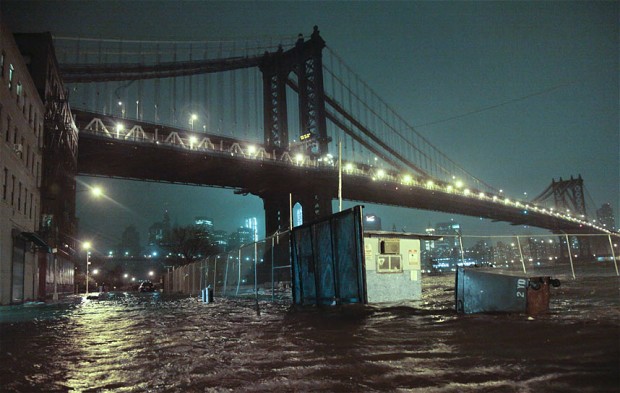Online Discussion Forum Catastrophic Events, Effects, and Future Impacts on the City
Boston blizzard of '78, more images of snowy Boston from WBUR
Image: Fire raging in a Denver suburb last year
WHAT IS A DISCUSSION FORUM?In addition to our weekly lectures and discussions, we augment those discussions with an online free form debate, this is different from our usual online lecture responses and requires more active student participation. These debates are posted, and left open for comments for an extended period, the objective being that each student should check back frequently and monitor, read and add to the discussion in an evolving and ongoing forum.
THE TOPIC: What we're discussing
Image from UK newspaper The Telegraph photo essay, 2012
In the lectures so far this semester we have been (and will continue) to analyze and discuss the beginnings of cities, the history of civilization, and how what the iconic urban development we know as 'the city' has come into being.
But we are also interested in bringing the focus of your thoughts to the the present and future of the city as well. Many famous cities worldwide, but even more specifically here in America have had their geography of their urban structure influenced, even remade by catastrophic disasters - The Great Chicago Fire, Hurricane Katrina and New Orleans, Hurricane Sandy and New York City, San Francisco and it's numerous earthquakes, blizzards, power outages, flooding - the list goes on. A city is built up over a long period of time, but large scale catastrophic events can change the face of a city in a few days, tasking our architecture, infrastructure, and the way we citizens deal with the event.
To introduce this material please familiarize yourself with some of the articles previously submitted by your classmates in the 'Call for Resources' - and feel free to keep adding resources to the discussion.
Feel free to email Prof. Hart any links that you might want highlighted in this discussion as well.
This topic is not shy on resources on any of the many shades of this issue, there are plenty out there to back up your opinions and points, please make use of them.
In entering into a discussion of this topic, we are not interested in overly politicizing the issue, but to rather contextualize planning, policy, initiatives, and potentials; think beyond merely giving examples of past disasters and focus more keenly on how the effect or after-effects changed the way the city operates, is built, and plans for the future. What are the potential impacts, positive and negative that a future scenario might have? Emergencies (and emergency planning) have, are and will continue to occur which are actively shape the city around us. Here are a few suggested possibilities to consider:
- Analyze a particular event across the spectrum of the city it affected as a case study, relate event, the consequences, the after-effects, reactions, and post event planning particular to that event
- Relate a specific urban method, form, or infrastructure that has evolved to deal with catastrophic events - why did it start? how has it changed?
- Analyze, hypothesize, provide materials for current innovations in building type, urban form, or infrastructure that deals with protecting, warning, alleviating potential and future emergency events.
ADDITIONAL/UPDATED COMMENTS:
Via this posting on JelloSpace we have been + will continue to post hyperlinks which link, or could link into this discussion.
Check back, we will update the blog with more information and links in this space.
- US Govt' post on Earthquakes in the 21st Century - Thanks former student Adam
- Wildfires in the Pacific Northwest - Thanks Jillian
- Japan Tsunami effects - Thanks Ronelle (amoung many more that Ronelle submitted!!)
- Top Disasters of 2013 - Thanks Jagroop
- Disaster Index from FoxNews - Thanks Linglin
- How The Levee's Broke documentary - Thanks Sarah
- War damages in the Middle East (a human caused catastrophes) - Thanks Kaitlyn
- 2015 Flooding in Japan - Thanks Masako
- Fukushima Accident (natural trigger, from man made site) - Thanks Chris
- Many more! Check out this post on Jellospace blog thus far for collected resources posted by your classmates
THE FORUM: How participation works (and counts towards your grade)
The Forum for our discussion will be open until 10PM EST Monday Sept 21st.
Each student is responsible to contribute to and continue the discussion. Unlike the lectures, this means that you must not only submit your own response but read the responses of your classmates and respond to them (with questions, challenges, defense, additional references/resources, or hypothesis). You are encouraged to share your opinion, as long as you can back it with a well reasoned and supported argument.
Each student should plan on commenting at least three times (3x) at a minimum during the course of the forum, to keep the discussion moving along. (Think this weekend, mid-week, and late week)


